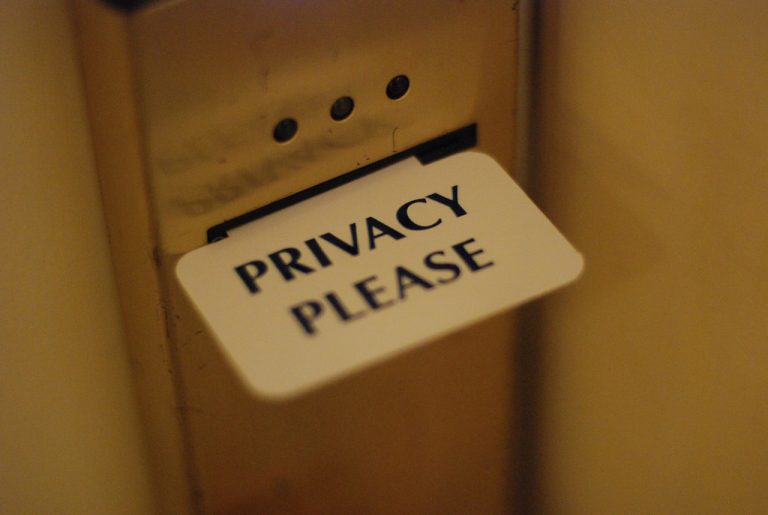Sure, we all have an idea of how to keep ourselves anonymous, but few of us have mastered the art of completely going off the radar, which is what we shall be looking for today.
In the article below, we shall explore how you can maximize your internet connection. Here we’re not going to reinvent the wheel but rather refine what you already have. And in particular, we shall be inclined towards Virtual Private Networks, or rather VPN, because, in our opinion, it’s the most effective way of securing your anonymity.
Contents
5 Tips to Maximize the Anonymity of Your Internet Connection
1. Install a VPN
The first step in securing your online anonymity is installing a VPN.
A VPN plays a crucial role in obscuring your real IP address and, at the same time, encrypting your data.
By setting a local network over another server, a VPN will hide your location and make it challenging for hackers to track you or even your online activities.
Above all, a VPN will encrypt your data during transmission, meaning that in case it’s intercepted halfway by hackers, they won’t decipher the message, and so your data won’t be breached.
With several private networks in the market, choosing one that will fit your needs can be quite a challenge, but fortunately, we found Surfshark is an excellent choice as it will keep you completely off the grid.
2. Install VPN on your OS
All too often, we see many VPN users making the mistake of installing the VPN on their browsers alone, rather than their entire Operating System.
While I agree that most of the data security is jeopardized on the online data transmission front, installing a VPN on your browser means that you’ll only benefit from privacy protection if you use the browser.
Ideally, a VPN should provide all-around protection to your system, and it should not only be installed on your browser but on your OS platform as well.
3. Use a Dedicated Private IP Address
When selecting a VPN service, we recommend that you choose a dedicated IP address rather than a shared IP address, as this lets you get the full benefit of anonymity because the dedicated IP address is only used by you.
Unlike a shared IP address, a dedicated address isn’t used by other VPN users, and this will help to give you added protection and privacy benefits.
However, for the added protection, you’ll require to dig deeper into your pockets, which in our opinion, is still a bargain considering what you will protect yourself against.
4. Always Ensure the Kill Switch and Firewall is On
Your online activities or safety measures won’t count if your private connection is turned off due to certain.
In fact, connection drops are quite a common occurrence in many private connections, so, your connection must have a kill switch that goes off to prevent the leaking of your real information.
A kill switch plays an integral role in turning off the entire private connection before a connection drops, and this is quite handy in protecting your information.
While at it, it would also be recommendable that you turn on your firewall to prevent data breaches and well as protecting your devices from hacking or other online threats.
5. Avoid Public WiFi
One of the easiest ways of getting the anonymity of your internet connection compromised is through the use of public Wi-Fi.
The unprotected nature of these public utility services creates an ideal environment for shady dealers who may wish to monitor your online activities and even steal your confidential data.
Ideally, you should altogether avoid using public Wi-Fi, and if that is not an option, you should consider using a VPN to connect to public Wi-Fi hotspots.
Conclusion
As you’ve already seen, there’re plenty of ways in which you were using VPN and proxies in the wrong way. Hopefully, these tips should make your browsing experience safer.

